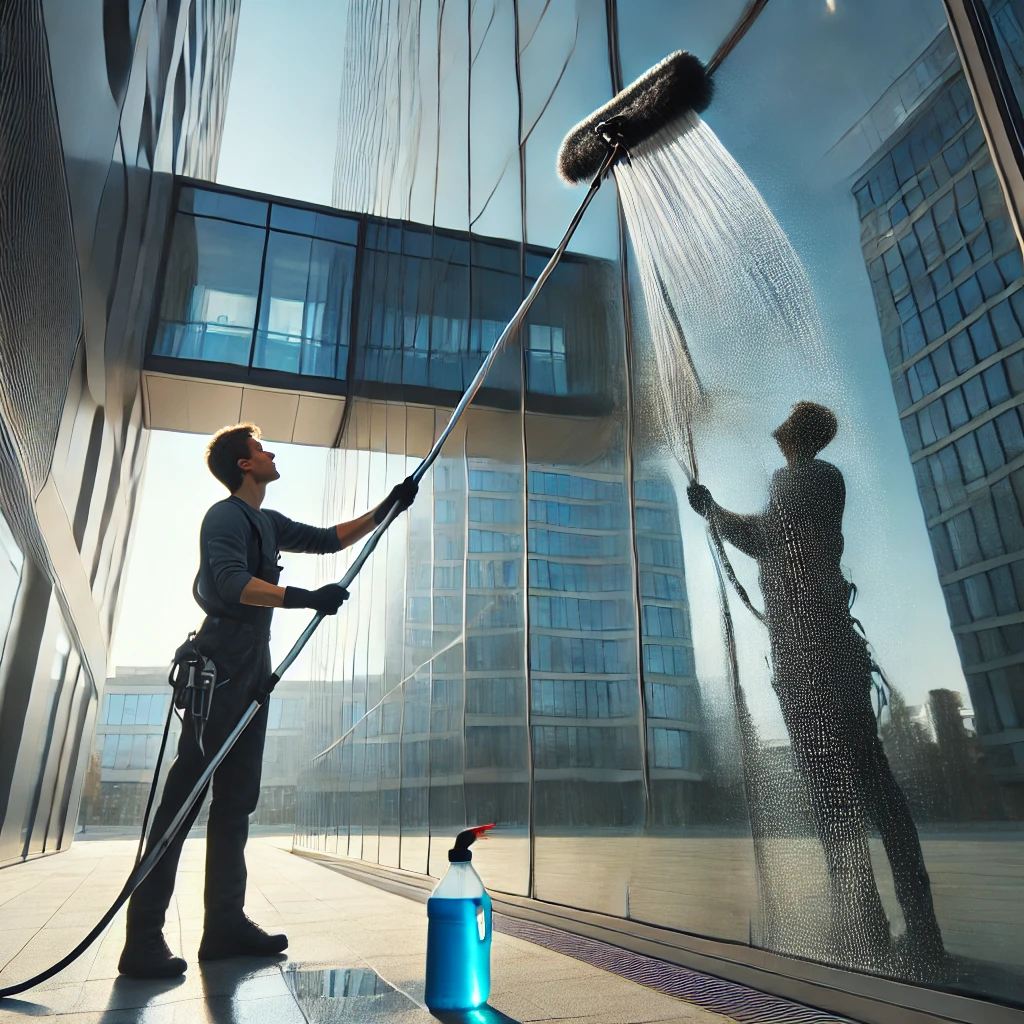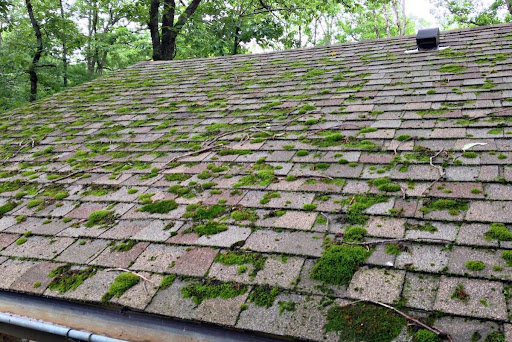
Introduction to Pure Water
Pure water, often referred to as purified water, is water that has been filtered or processed to remove impurities and contaminants. This form of water is highly sought after for a variety of uses, including consumption, medical applications, and industrial processes. The production of pure water is a meticulous process that ensures the removal of any substances that could affect its purity, making it safe and suitable for specific purposes.
Methods of Making Pure Water
There are several methods used to produce pure water, each tailored to remove different types of contaminants. The most common methods include distillation, reverse osmosis, and deionization.Distillation involves boiling water to produce steam, which is then condensed back into liquid form, leaving behind impurities that do not evaporate. This method effectively removes minerals, bacteria, and other contaminants, resulting in highly purified water.
Reverse osmosis is another widely used technique where water is forced through a semipermeable membrane that blocks contaminants. This method is effective at removing a broad range of impurities, including dissolved salts, bacteria, and larger molecules.
Deionization involves passing water through ion-exchange resins that remove mineral ions such as calcium, magnesium, and iron. This process is particularly useful in producing ultra-pure water required for certain industrial and laboratory applications.
Uses of Pure Water
Pure water is used for a variety of reasons, depending on the level of purity required. One of the primary uses is in the medical field, where it is essential for procedures like dialysis, sterilization of equipment, and as a solvent in pharmaceuticals. The absence of impurities is crucial in these contexts to prevent contamination and ensure patient safety.
In industrial settings, pure water is used in manufacturing processes where even small impurities could affect the quality of the final product. For example, the electronics industry uses ultra-pure water to clean components and prevent damage from impurities.
Moreover, pure water is also preferred for consumption, particularly by individuals who are concerned about the presence of contaminants like chlorine, lead, or bacteria in tap water. Bottled purified water is popular among consumers who seek a safer and cleaner alternative to tap water.
The production of pure water is a complex but essential process that ensures the removal of harmful contaminants and impurities. Whether it is for medical purposes, industrial applications, or personal consumption, pure water plays a vital role in modern society. The demand for pure water continues to grow as people become more aware of the importance of clean, contaminant-free water for health and safety.
Pure water has become increasingly popular in the window cleaning industry due to its remarkable effectiveness in producing streak-free and spotless results. Traditional window cleaning methods often rely on detergents or cleaning solutions to remove dirt and grime, followed by a thorough rinse and drying to avoid streaks. However, even small residues of minerals or cleaning agents left on the glass can cause spots or streaks once the water evaporates.
When pure water is used for window cleaning, these issues are significantly minimized. Since pure water is free from minerals, salts, and other impurities, it leaves no residue behind after it evaporates. This means that windows can air-dry naturally without the risk of streaks or spots, resulting in a clear, polished finish.
The use of pure water also enhances the cleaning process itself. Pure water is highly effective at breaking down and dissolving dirt and organic matter on windows. Without the interference of dissolved minerals, pure water can more easily lift away grime, allowing for a more thorough clean with less effort. Additionally, because pure water does not require the use of detergents or chemicals, it is an environmentally friendly option that reduces the need for potentially harmful cleaning products.
Another advantage of using pure water in window cleaning is that it can be applied through water-fed pole systems, allowing cleaners to reach high or awkwardly positioned windows without the need for ladders or scaffolding. This not only improves safety for window cleaners but also increases efficiency, as large areas can be cleaned quickly and effectively from the ground.




